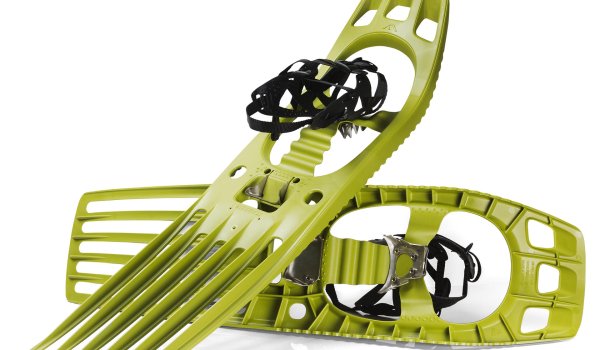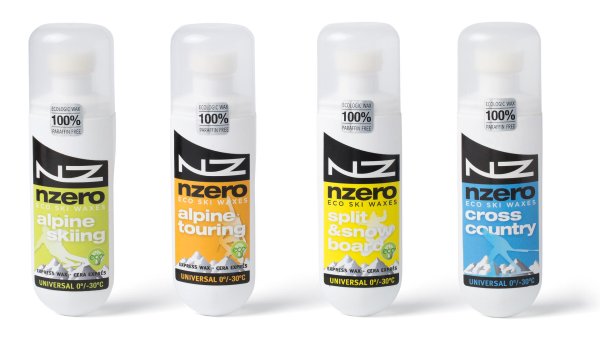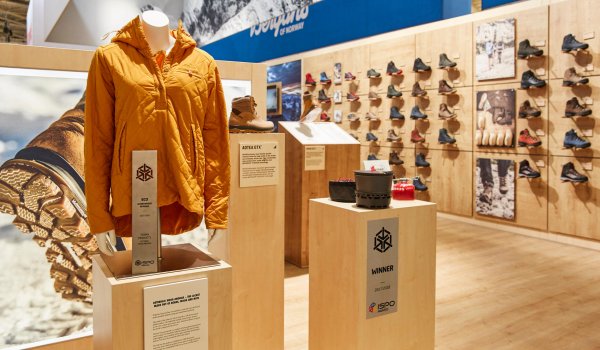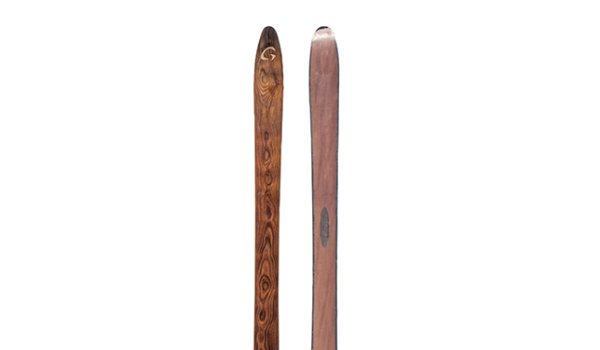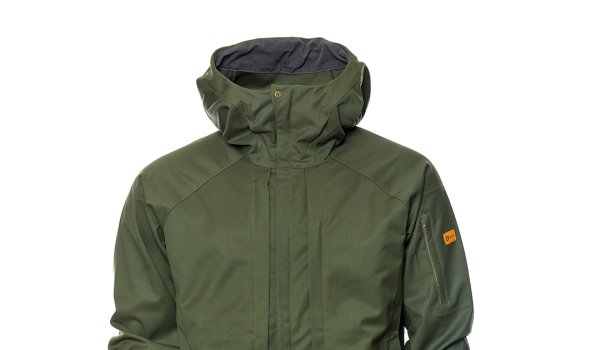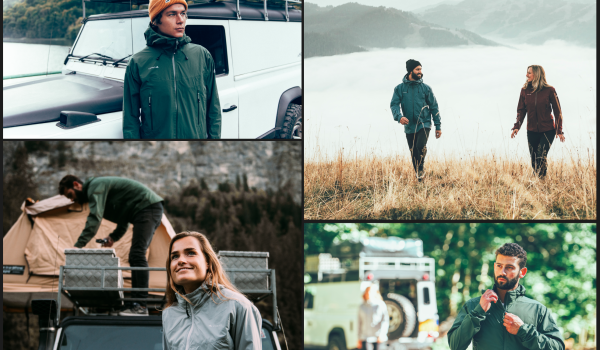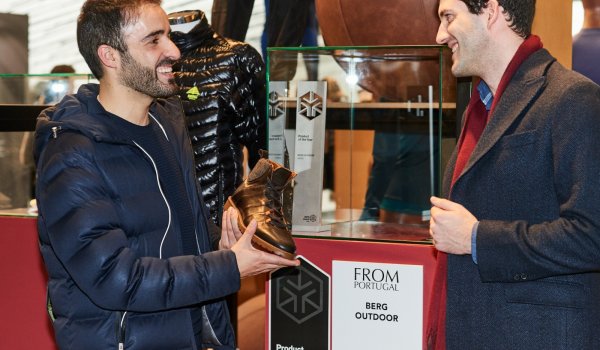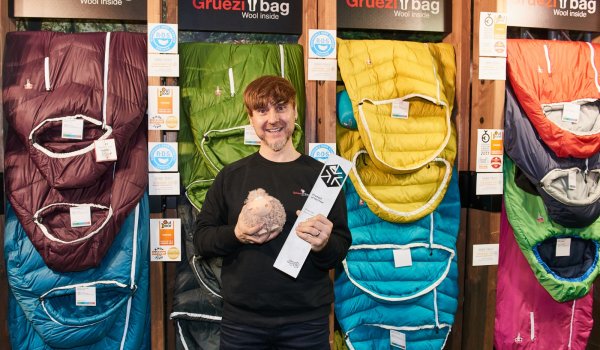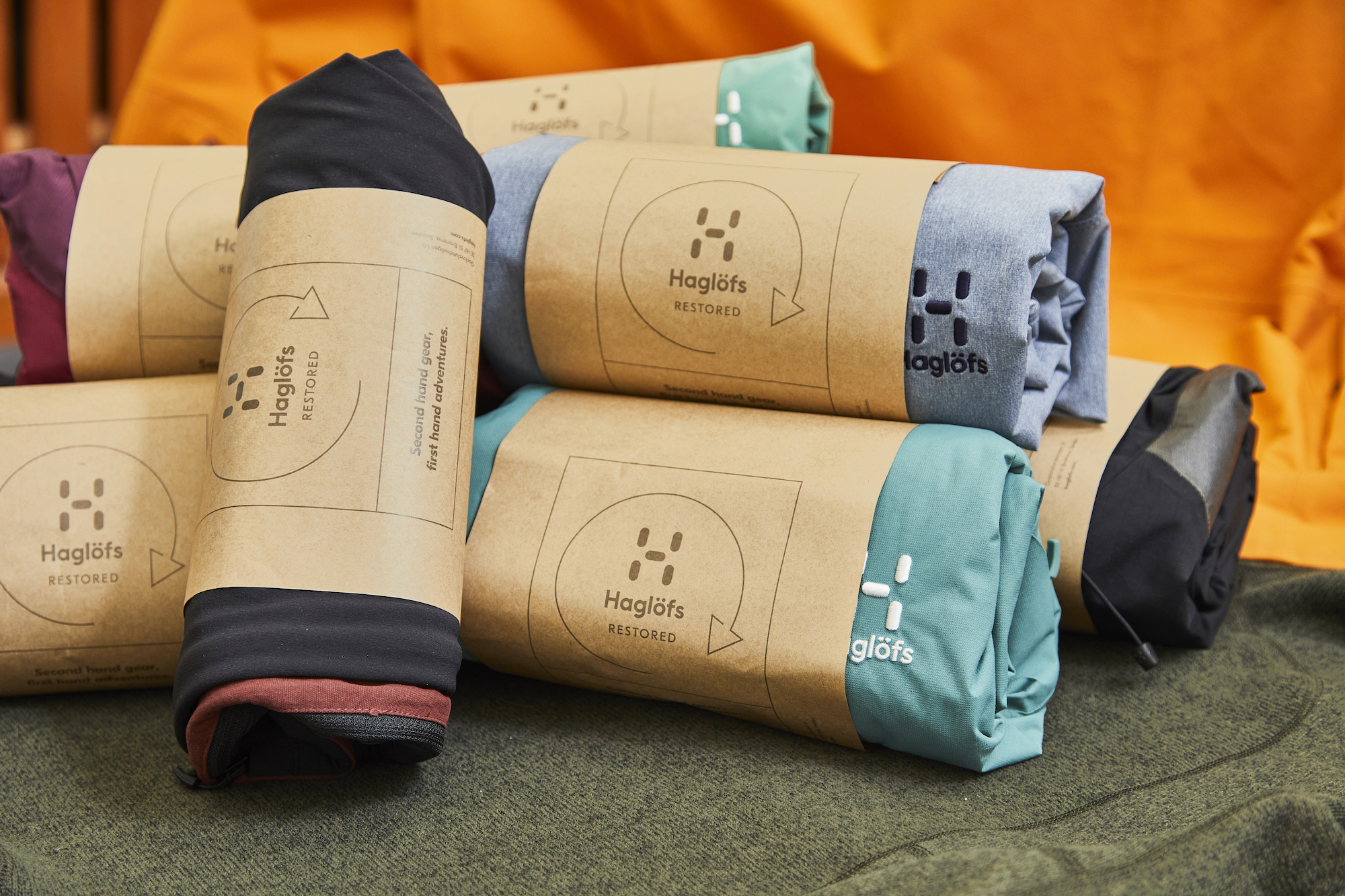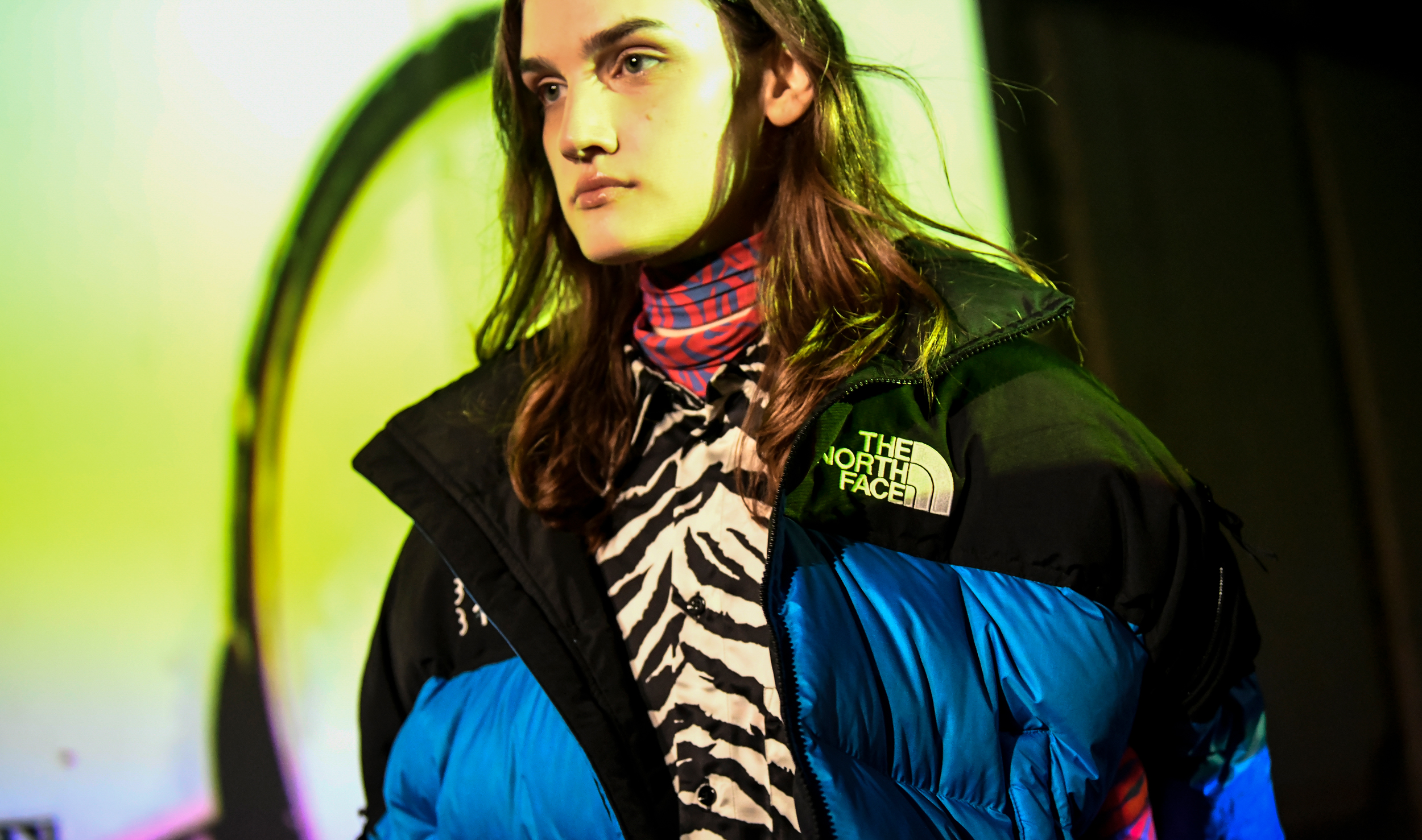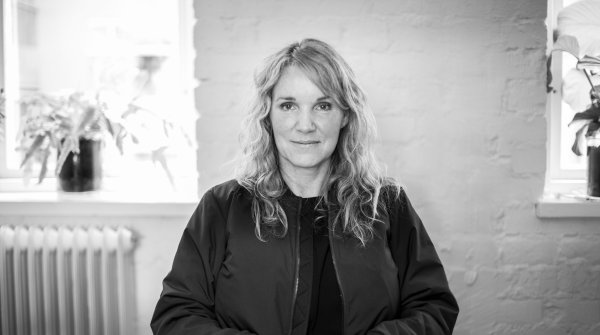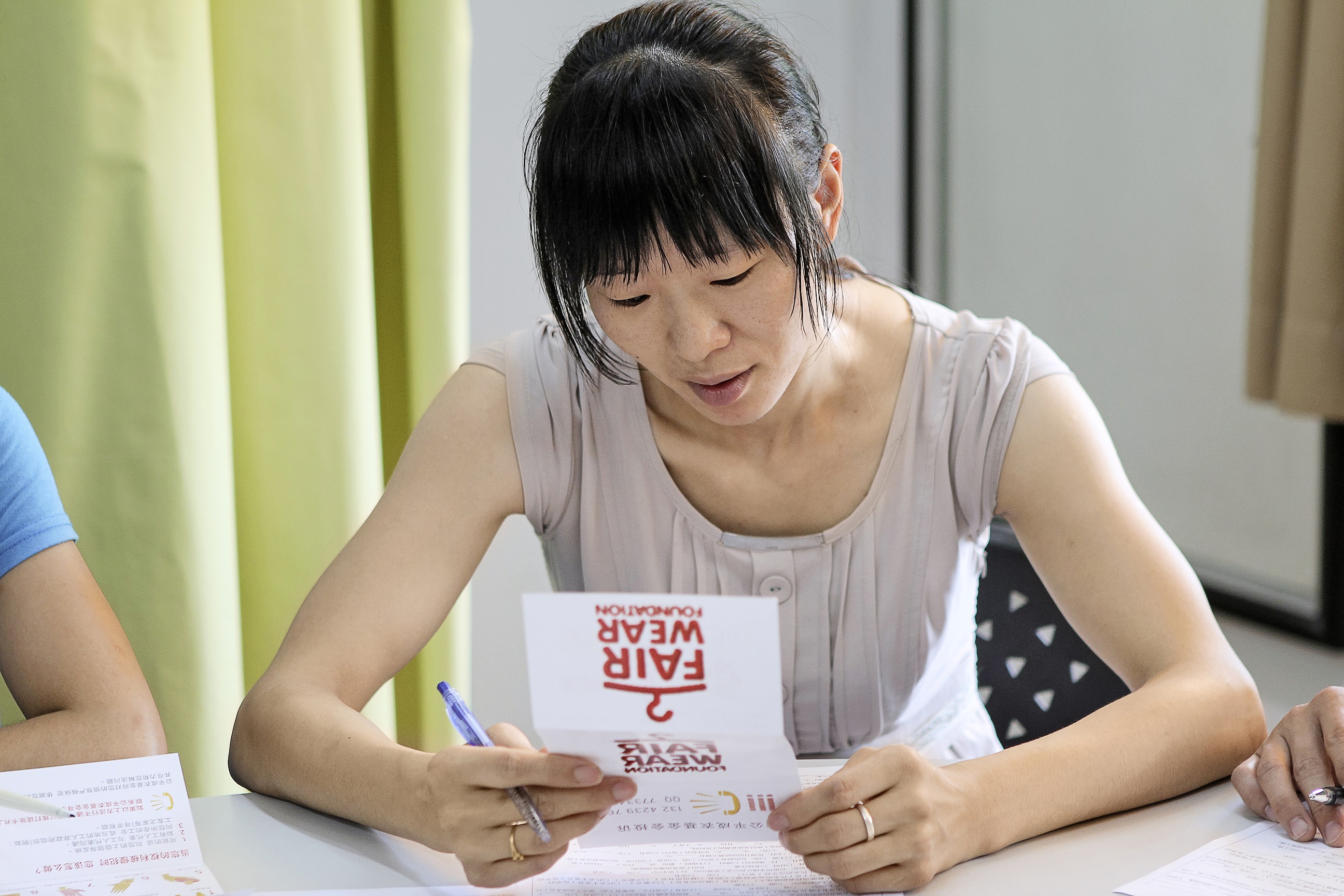
In its work, the Fair Wear Foundation (FWF) demands, for example, fair wages for the workers in the sewing factories, no child labor, more safety at work and less excessive overtime. The problems are complex and can hardly be solved by one brand alone. In an interview, Vaude CEO Antje von Dewitz, who has been a member of the FWF for many years, and Alexander Kohnstamm, CEO of the FWF, tell us why cooperation between companies is important and what the biggest hurdles are.
ISPO.com: In your opinion, what are the most important steps to improve working conditions in the supply chain as a brand?
Alexander Kohnstamm: For me, the most important goal is long-term cooperation. A lot depends on this goal, because only when I commit myself to a long-term cooperation with a producer can I work towards Living Wages, for example. Why should a producer increase wages if I have a production elsewhere after a season? The common will to work together plays an important role here. On the one hand with the suppliers and on the other hand with other brands. Because the more customers of a producer have the same goals, the more willing the producer is to change. Unfortunately, both prerequisites are often lacking.
How important is long-term cooperation with producers to you? And where do you produce?
Antje von Dewitz: We've never done producer jumping before, but consolidated and tried to build up the good partners further and in the long term. In 2009 there were about 65 producers, today there are 45. About 85 percent of the production takes place in the Far East. We also have our own production facility at the company headquarters in Obereisenbach and my father also runs a production facility in Vietnam. That's where our backpacks are made.
Is there a country where you would not produce because the working conditions there are too bad?
von Dewitz: I wouldn't produce in Bangladesh. We look every year and reject it every year anew. You need a certain culture in companies in order to initiate processes, and I don't see that there yet.
Kohnstamm: I take a critical view of Ethiopia because there is not even a minimum wage there and child labor is still widespread. But even there, members can produced if the companies adhere to the rules. Because one thing is clear: the people in Ethiopia also need work. I see our role at the FWF as "Work in Progress". We cannot abandon cooperation once we see a violation of our standards anywhere. On the contrary, when we see problems, we have to stay there, help solve them and push for improvement. This is difficult to communicate because it is then easy to say: Are there problems in the factories with which the FWF brands work? Yes, as in all clothing factories. The difference is that our brands know very well what goes on in these factories and react to it. Preferably together with other brands that produce in the same factory. That's how you can make a difference.
The demand for fair wages is often at the forefront of public debate. Why is the resistance so high in the producing countries?
Kohnstamm: The problem is complex. Not only the brands in this country and the factories in the Far East are afraid of rising wages, but also the authorities, and that is a bit understandable. When wage costs rise, customers migrate to cheaper countries - we see it all in fashion. In the outdoor industry the problem is not so big yet. Yet we must see that wages rise, and someone must pay them. There are various ways to do this, such as lower margins in industry and commerce, productivity gains in factories and higher prices for consumers.
Do your suppliers pay Living Wages?
von Dewitz: The problem with Living Wages is not quite as dramatic in the outdoor industry as it is in fast fashion, because we are dependent on producers who have special qualifications and whose employees are not easily interchangeable. The wages of our production companies are on average 50 percent above the minimum wages stipulated by the respective state government.
Every year, we report transparently on the wage levels of our producers in our Sustainability Report. However, this level is quite high because we have said goodbye to partners who did not want to support our goals. Working on Living Wages is a continuous improvement process.
Why are you working with the FWF? To what extent does the FWF support your goals?
von Dewitz: The FWF is one of the strictest and most recognized standards in the field of social responsibility. With average production capacity utilization of around ten percent per producer, we as an individual company have no major levers at our disposal to make a difference. It is therefore an advantage that we can cooperate with other FWF members.
As an independent organisation, FWF also carries out inspections of working conditions in our production facilities. Interviews with the workers are also conducted here and complaints from the workers can be submitted via the FWF Complaints Hotline. In this way, a good reality check is carried out. We can't afford all that. For this we need the FWF. Through the FWF, a network was also established in the Living Wages area between the brands. Many brands in the outdoor industry are not very big. No brand can control these processes on its own, so there is a great deal of interest in working together, even among competitors.
What does the FWF do if it wants to achieve higher wages or better working conditions in a company?
Kohnstamm: First of all, it is important to talk about the various responsibilities - with the authorities, the trade unions and the institutions that are involved in the wage level negotiations in the countries. Of course, this is only possible where these institutions also function, and that is not the case in many countries. If these processes and institutions do not work, employers often do not know how high wages should be.
The principle of open profit is important for Living Wages, and it can be calculated whether the factory can also pay the corresponding wages with the price the brand pays for the product. Often there are also agents in between, so as a brand you don't even know how much money ends up in the respective production facilities. Our brands should therefore know their supply chains very well. But responsibility also has something to do with the purchasing practice of the brands. Those who constantly order too late inevitably cause problems because companies are then forced to work overtime. They can't plan ahead.
What can the FWF do if only ten percent of a factory's customers accept higher production costs? You can hardly expect the factory to pay higher wages.
Kohnstamm: You pay a part and try to get the other customers of the factory to join in. This fragmentation of supply chains and the strong seasonal production peaks are two central problems in the garment industry.
Is fast fashion better positioned because it no longer thinks in terms of seasons and causes fewer peaks?
Kohnstamm: Of course, the year-round capacity utilization is basically there, but the problem is that these companies often jump, i.e. they place orders where they get the best price and who delivers the fastest. Fast fashion and fashion in general have much fewer long-term supply relationships than the outdoor industry, which in turn does not help to improve working conditions in the factories. Volume is the holy grail of fast fashion. Speed is their core competence. The pressure on production is great and there is a lack of time and attention for human rights.
How do you manage with Vaude not to create these peaks?
von Dewitz: It's extremely difficult. We place our orders at an early stage. However, this means that we produce without knowing exactly what the trade will order. That means we're taking a bigger risk. From a company perspective, it would of course also be our goal to order as late as possible, but due to our strategic orientation this is not an option. We have set up a system of measures to be able to make good predictions on the one hand and to define passages that are sold throughout the year and do not have to be produced in the high season on the other. We have built up a great deal of expertise here.
Kohnstamm: We often see here that brands want to improve in this area, but are afraid of corporate risk. Not all companies are able to build up and finance large inventories. At the same time, when it comes to overtime, you have to know that not all workers want to do without overtime because they need the money and earn too little without it. In order to solve this problem, wage levels must also be addressed.
What are you currently working on, what do you want to improve?
von Dewitz: So far it was more about the Tier-1 producers, now we are also taking a closer look at the Tier-2 producers, i.e. our material suppliers. We would like to carry out performance checks for social and ecological standards at both producers and material suppliers and initiate processes. Many of our producers have so far been audited primarily in the area of social standards; now we want to extend the program to include ecological aspects and achieve savings in energy, water and chemicals.
What has been the response so far?
von Dewitz: "The response from our suppliers has been extremely good, which makes me very happy, because this has been different in the past. It is good that they also have a benefit that is immediately recognizable to them. In addition, awareness of ecology is also growing in Asia. Employers and their work forces are proud to become more environmentally friendly and to be able to participate in the projects. One could say that this is just a drop in the ocean, but I see it differently: Our commitment is like a drop that circles in the water.
Mrs von Dewitz, Mr Kohnstamm, thank you very much for the interview.
Fair working conditions, sustainability and CSR are also your topics? Then join the OutDoor by ISPO and discuss with company representatives and experts, for example at our OutDoor and Sustainability Kiosk.

